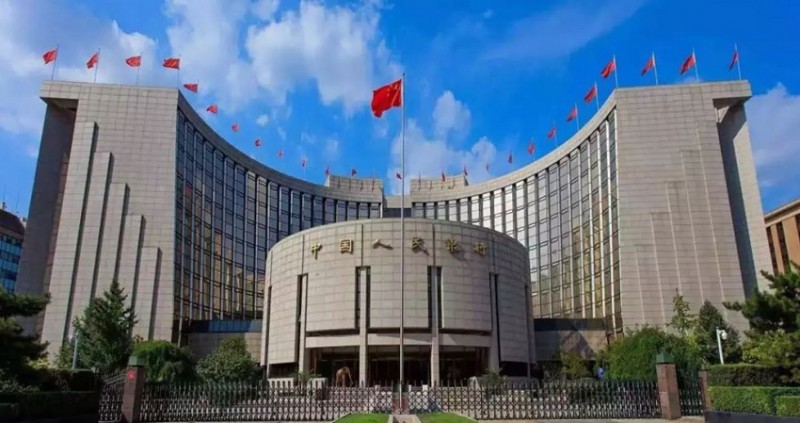
China's central bank kept a key policy rate unchanged on Monday, as expected, while rolling over maturing medium-term loans and reducing some funds in the banking system.
The decision to maintain the Medium-Term Lending Facility (MLF) rate aligns with market expectations, as narrowing interest margins and a weakening currency limit Beijing's ability to ease monetary policy further to support the world's second-largest economy. The MLF rate influences the loan prime rates (LPRs), with markets closely watching it for any hints of changes to lending benchmarks. The monthly LPRs are scheduled for release on Thursday.
The People's Bank of China (PBOC) announced that it is keeping the rate steady at 2.50% for 182 billion yuan ($25.08 billion) worth of one-year MLF loans provided to some financial institutions. This rate remains unchanged from the previous operation.
In a survey of 31 market analysts, 30 respondents (97%) predicted that the PBOC would maintain the MLF rate.
The net interest margin, which indicates lenders' profitability, dropped to 1.54% this quarter from 1.69% in the previous three months. Meanwhile, the Chinese yuan has fallen more than 2.1% against the stronger U.S. dollar this year, pressured by relatively low yields compared to other economies.
Despite having room to lower interest rates, China's ability to adjust its monetary policy faces internal and external challenges, according to industry experts cited by the official Financial News.
"The slow pace of government bond issuance and weak private sector credit demand have led to ample front-end liquidity recently, reducing the urgency for the PBOC to cut the reserve requirement ratio (RRR) in the near term," economists at Goldman Sachs noted. They adjusted their monetary easing forecast, now expecting a 25-basis-point RRR cut in the third quarter and a 10-basis-point policy rate cut in the fourth quarter.
World Leaders Join in Swiss Alps to Seek Peace for Ukraine
World Day to Combat Desertification and Drought 2024: A Call for Global Action
China Implements New Rules to Detain Foreigners in Disputed South China Sea